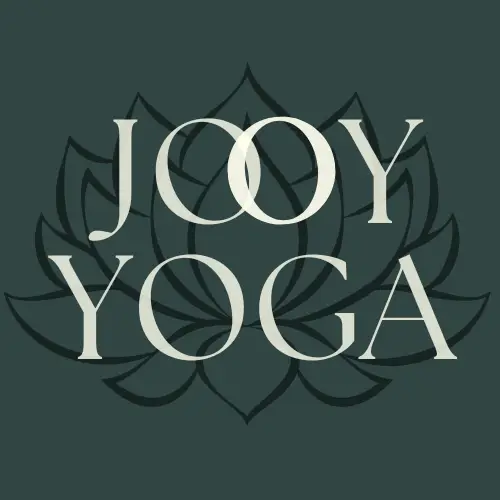Yoga vs Pilates: Do You Really Have to Choose?
If you’re looking to strengthen your body, calm your mind, and restore balance in your day, you’ve probably come across both Yoga and Pilates. They’re two of the most popular wellbeing practices in the UK right now — and with good reason.
Pilates is having a resurgence, especially among desk workers who want to support their posture and strengthen their core. Yoga continues to grow too — around 460,000 people in the UK now practice yoga each week (Sport England, 2023). But when it comes to deciding which to start, here’s the truth: you don’t have to choose.
Yoga and Pilates may overlap in some ways, but they serve different purposes — and both can play an important role in your wellbeing.
Yoga vs Pilates: Key Differences
1. Origins & Focus
- Yoga: An ancient practice from the ancient Indian continent, weaving together movement, breathwork, and mindfulness. Its focus goes beyond the physical, aiming to unite body, mind, and spirit.
- Pilates: Developed by Joseph Pilates in the 20th century to aid recovery and rehabilitation. Its focus is on precision, alignment, and above all — core control.
2. Movement Styles
- Yoga: Flowing sequences that build strength and flexibility. Depending on the style, yoga can be energising (like Vinyasa) or deeply restorative (like Nidra). Breathwork and meditation are integral, making it as much about the mind as the body.
- Pilates: Structured, repetitive exercises designed to strengthen specific muscle groups, with a big emphasis on the core. Think small, precise movements that deliver big results over time.
3. Mind–Body Connection
Both encourage body awareness. But……..
1. Origins & Focus
- Yoga: An ancient practice from India, weaving together movement, breathwork, and mindfulness. Its focus goes beyond the physical, aiming to unite body, mind, and spirit.
- Pilates: Developed by Joseph Pilates in the 20th century to aid recovery and rehabilitation. Its focus is on precision, alignment, and above all — core control.
2. Movement Styles
- Yoga: Flowing sequences that build strength and flexibility. Depending on the style, yoga can be energising (like Vinyasa) or deeply restorative (like Yin). Breathwork and meditation are integral, making it as much about the mind as the body.
- Pilates: Structured, repetitive exercises designed to strengthen specific muscle groups, with a big emphasis on the core. Think small, precise movements that deliver big results over time.
3. Mindfulness & Spirituality
- Yoga: Uses breathwork (pranayama) and meditation to reduce stress, improve focus, and build emotional resilience. Studies show that regular yoga practice can reduce cortisol levels (the stress hormone) and improve mental clarity — invaluable for anyone navigating work-from-home stress.
- Pilates: Supports posture, muscle tone, and physical strength — especially beneficial if you spend long hours at a desk. It’s more physical than spiritual, but still builds awareness of alignment and control.
Why Yoga’s Unique Benefits Stand Out
For many, the missing link isn’t just strength — it’s balance. And Yoga offers:
- Stress relief through breath and mindfulness.
- Emotional balance by helping you feel calmer and more grounded.
- Holistic health — strengthening the body while also nurturing the mind.
Pilates strengthens the frame that supports you. Yoga supports your whole self. And when you weave them together, you don’t just function better at your desk — you feel better in your life.
How to Get Started with Yoga
The biggest step is simply beginning. Here’s how:
What to Bring
Just you and a yoga mat! Most studios provide props, and in my classes you’ll have everything you need.
What to Expect
Beginner classes often start with grounding breathwork before moving through accessible poses that build strength and flexibility. You’ll leave feeling lighter and calmer.
Why Join a Class
Guidance from a teacher means safer alignment, more confidence, and the motivation to keep going. Plus, for remote workers who often miss out on in-person connection, the community of a class is a huge bonus.
Ready to Try Yoga?
✨ Explore Yoga: A Six-Week Beginners’ Course
Starts 16th September 2025 — a small group introduction to yoga that covers the foundations in a friendly, supportive way.
➡️ Find out more here
🌱 Start Slow: A 7-Day Journey into Yoga
Prefer to begin at home? This free email series introduces seven foundational poses to help you ease in gently.
➡️ Click Here
💻 Seasonal Online Classes (18 Aug – 16 Sept)
Perfect for busy schedules: one recorded class each Monday + one live class each Wednesday.
➡️ Click Here
